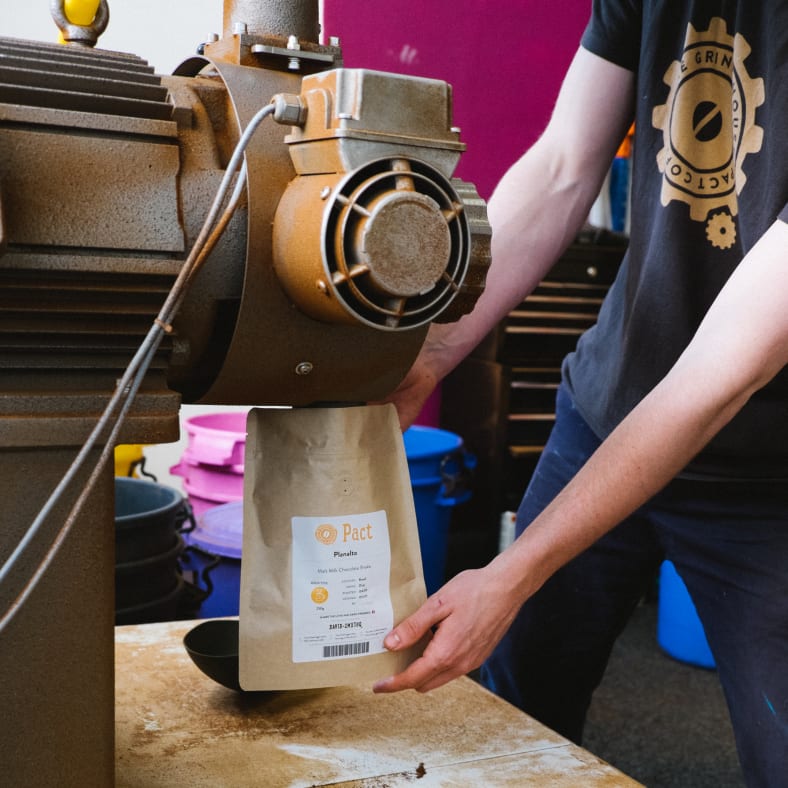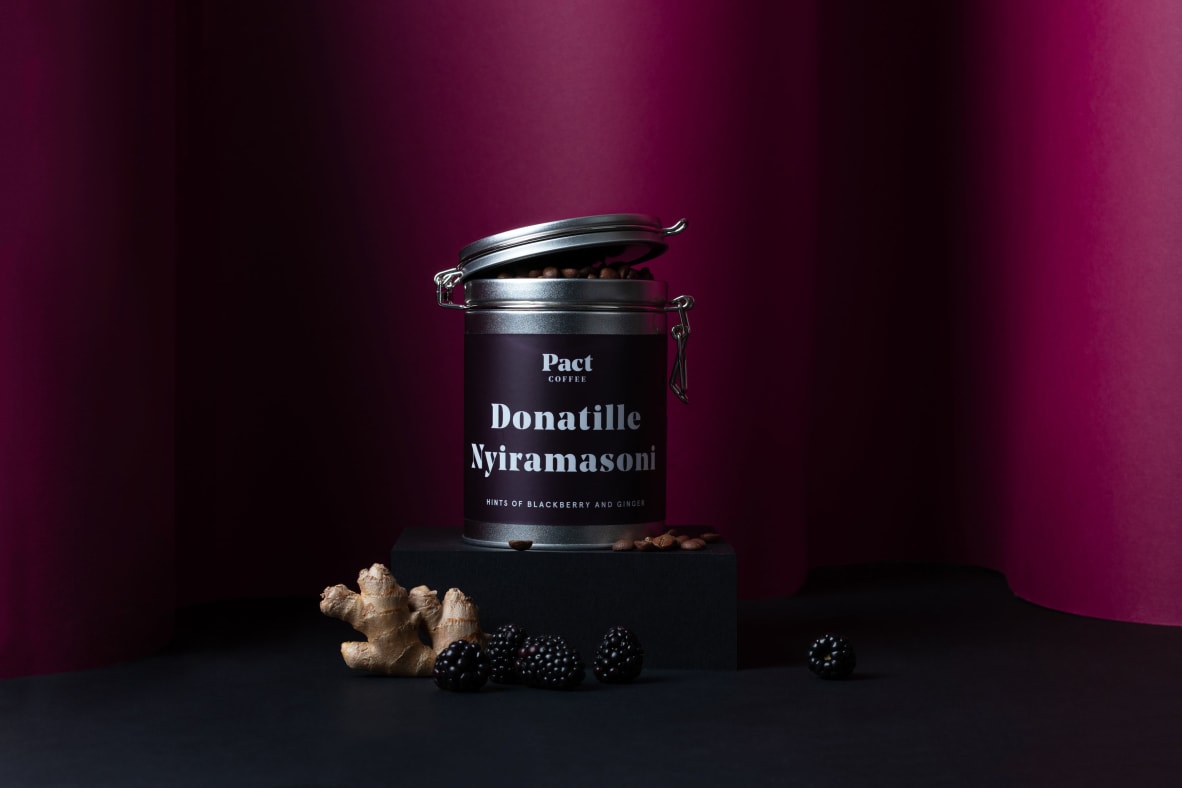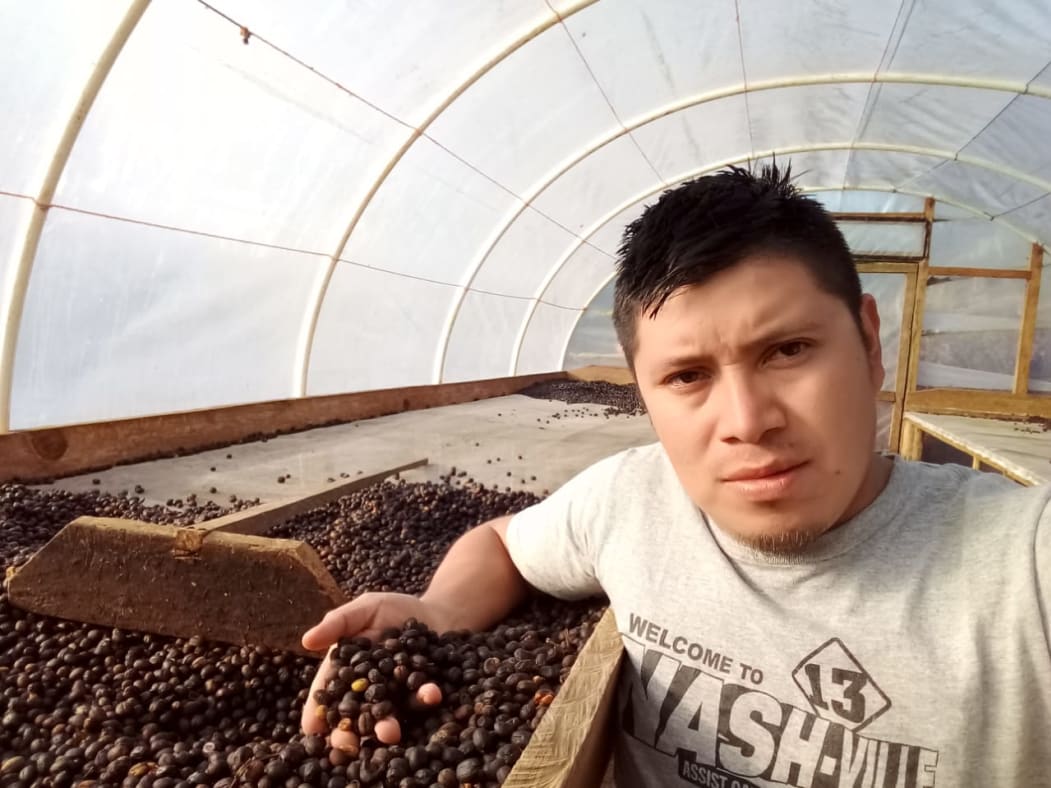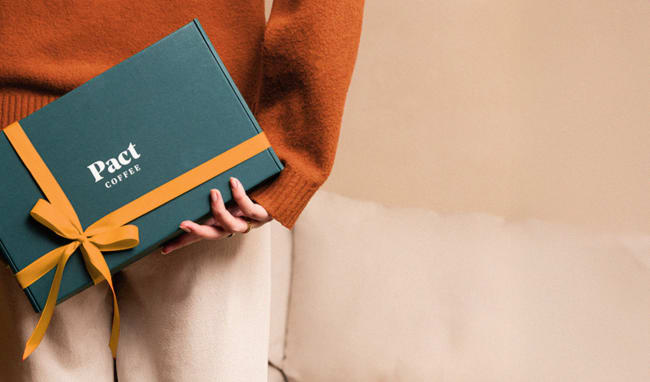2018: A chance meeting
Walter Calix lived in America until his mother asked him to come home and work on the coffee farm after his father passed away.
Walter continued farming coffee for the commodity market until Rony Gamez, a real rockstar of coffee, asked him to help with translation when Will came to visit Honduras.
At this point, Walter had never really seen speciality coffee farming in action before, and he saw the trip as a great way to practice his English.
Over the week, he got involved with the coaching sessions and returned to the farm to produce his own speciality coffee with the natural method. Soon after, he used a local washing station to create coffee with the washed process.
But there was a bit of a problem – the washing station wasn’t in the best shape, and Walter was effectively paying them to spend the time cleaning the station before he could use it.
He told us it was no longer worth his time. So we loaned him $1200 to buy his own micro washing station and pay us back, with 0% interest, in time.
He’s since returned the money and consistently produced fantastic natural and washed coffees for the Pact menu.

















